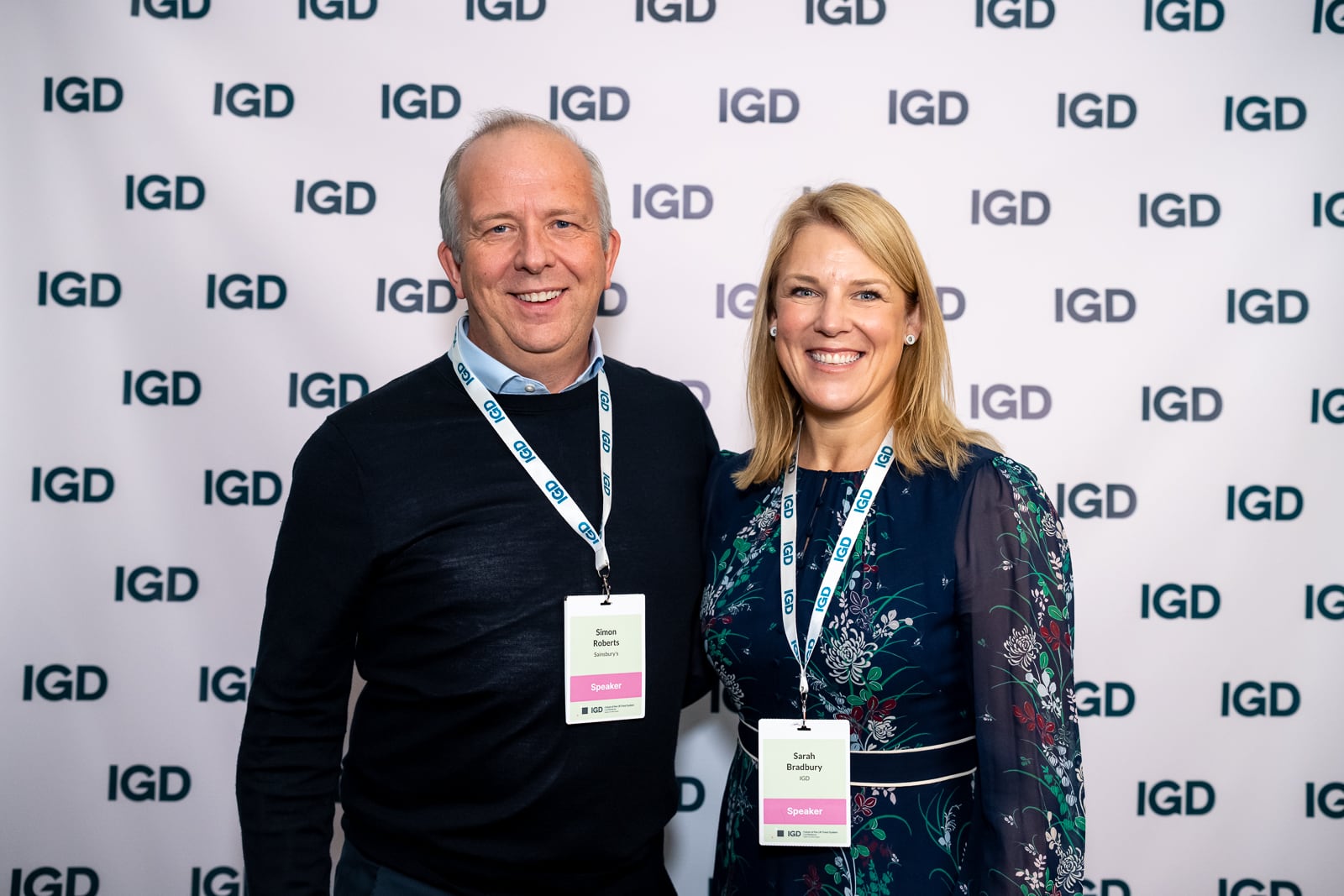Earlier this week, the Sainsbury’s boss took to the stage at IGD’s conference in London, which focused on the future of the UK food system.
Roberts noted that the industry is at a crossroads, with the path to a healthier, more sustainable and profitable food system ahead of us - if we take the right steps.
Our direction will be based on how the food strategy is set out and delivered, with Roberts noting the key pain points that need to be addressed.
“The food strategy that’s being developed is starting to articulate a vision that we can really rally around. There’s been good process already in some areas like health but there’s so much more for us to do. And we’re all clear, aren’t we, that this will remain just a vision unless we have a very clear focus and a plan for delivery,” he said.
Overall, Roberts emphasised that certainty and a clear line of sight over the years and decades to come is vital for businesses to be able to move forward. Without this, there is no direction and no confidence to invest.
Four key barriers
“We need to work very closely with government to tackle four key and tangible existing barriers, all of which have people at their heart,” he continued.
These issues include:
- Planning
- Workforce
- Regulation
- Domestic production
“Planning remains a huge issue and opportunity. Our farmers and suppliers are incredibly eager to invest in their operations, whether through the creation of reservoirs, installation of solar panels or building of processing plants or new capacity. Yet the current system is just too slow, it’s curbing potential investment.
“We need to unlock the potential of the sector and enable our supply chains to innovate and create jobs which can power our food system and power our economy.
“Similarly, workforce planning remains precarious, doesn’t it, and too short term. It’s not giving farmers and suppliers long-term certainty.”
Roberts also noted the importance of ongoing clarity around regulation, adding that any reform needs to be designed with the consumer in mind, reduce friction and have the full buy-in from businesses to ensure the right policy outcomes.
“As a large retailer, we can see just how impacted customers are by different trends alongside the continual difficulties with the cost of living. Any reform needs to be seen ultimately through the customer’s eyes."
Domestic production is ‘critical’
At the very heart of the food strategy, Roberts says there must be a greater focus on growing more at home, describing domestic production as a “key un-locker”.
“Increasing domestic production is critical not just for our food security but for creating jobs, for a healthier nation, and for revitalising rural economies. This would also reduce our dependency on increasingly fragile global supply chains. Because if we want a national food strategy to drive success for the next 25 years and beyond, we need to meet customers where they are and take them on this journey with us.”
He continued: “Now, of course, we have all seen reform fail in the past. Through sometimes a lack of a political will, through siloed thinking both within government and across the wider sector, and because not enough focus is being placed on customers. We can’t let this happen again.
Industry at a tipping point
“We really are at this crossroads. This is a time for urgency, focus and pace to drive collective action.”
The Sainsbury’s CEO said that while there is a growing chorus of voices pushing for bold change, we need to move from simply talking shop to real action – and this requires collaboration and trust between stakeholders.
“With partnership and trust between all stakeholders everything just moves faster.”
Alongside collaboration, he added that industry can also use the recent political reshuffle as an opportunity to accelerate its efforts and double down on what matters to “really to get the pace moving”.


